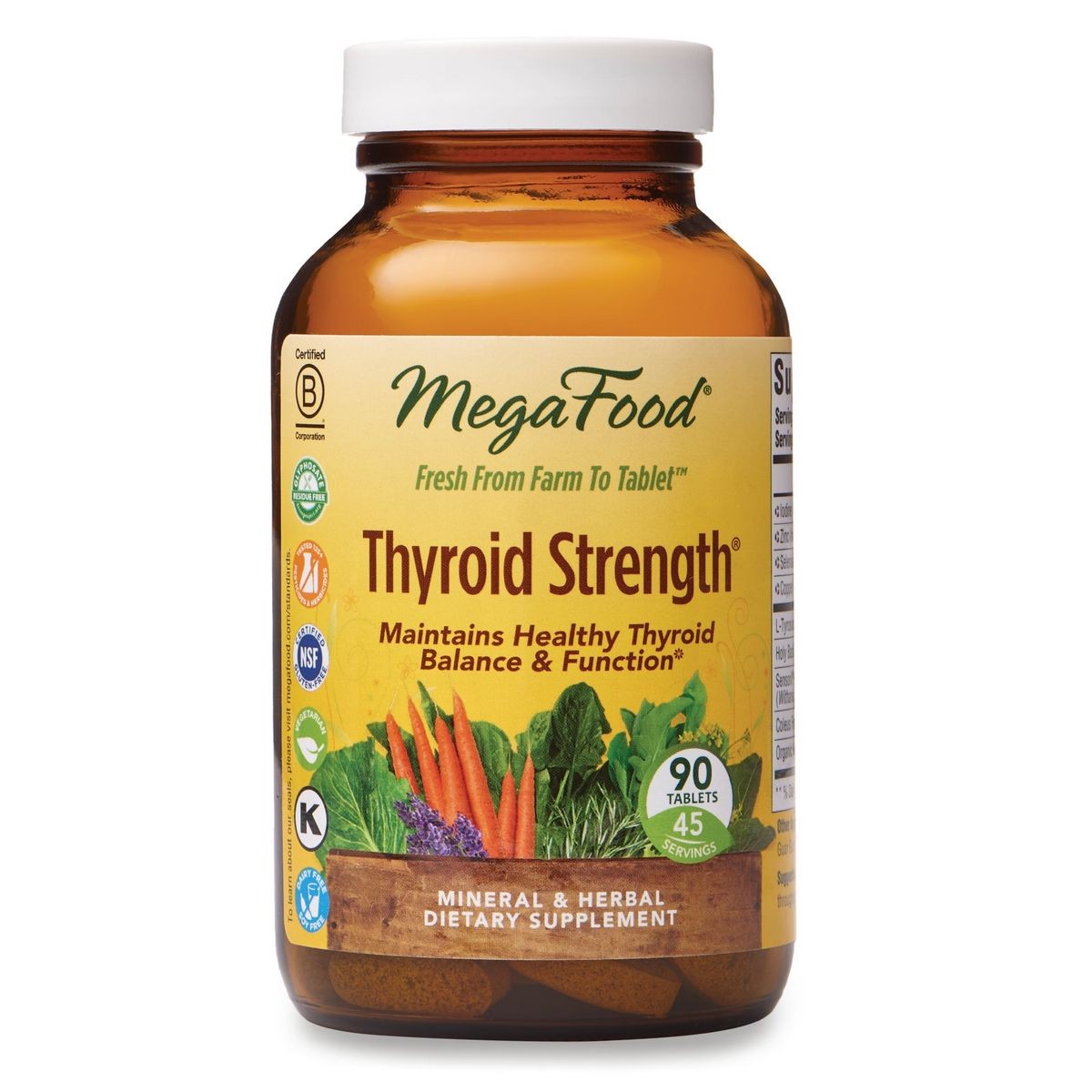
Thyroid supplements, like multivitamins, iron, and turmeric, are available for purchase over the counter at pharmacies and nutrition stores. However, it’s important to note that these products might not contain the necessary nutrients for your thyroid. If you have a diagnosed condition and are considering taking supplements, it’s crucial to consult your doctor first. Understanding the symptoms and treatment options for common thyroid disorders like hypothyroidism and hyperthyroidism is also essential.
Hypothyroidism, often associated with middle-aged women, can affect individuals of any age and gender. This condition slows down the body, resulting in symptoms such as constipation, tiredness, depression, hair loss, and weight gain. Synthetic thyroid medication is typically prescribed to treat hypothyroidism.
On the other hand, hyperthyroidism involves the overproduction of thyroid hormones by the gland and is often caused by Graves’ disease. Symptoms of hyperthyroidism include a racing heartbeat, hot flashes, trembling hands, weight loss, sweating, and eye dryness or bulging eyes. Treatment for this condition usually involves anti-thyroid medication, while supplements may be used to reduce anxiety or inflammation.
While most people do not need thyroid supplements, considering certain nutrients can help maintain thyroid health. Multivitamins can provide necessary nutrients like iodine and selenium. It’s important not to exceed the recommended iodine intake to avoid developing hypothyroidism. Taking calcium-containing multivitamins separately from thyroid medication is advised to prevent interference with its absorption. Iron is also crucial for thyroid hormone production, and food sources like lean red meat, beans, and leafy greens should be prioritized before considering supplements. Taking iron supplements alongside levothyroxine can reduce its effectiveness, so proper timing is necessary.
While not a thyroid-specific supplement, turmeric may be beneficial for individuals with goiters. Those with hypothyroidism should consult their doctor before adding turmeric to their routine due to its potential effects.
Certain individuals should exercise caution when considering thyroid supplements. If you have a diagnosed thyroid condition, it’s important to seek medical advice before using supplements. Pregnant individuals should also be careful and follow the recommendations of their doctors regarding prenatal vitamins and nutrient intake. Additionally, it’s crucial to know the contents of any supplement and be aware of potential dangers associated with inconsistent dosages.
If you’re taking levothyroxine for hypothyroidism, you should be aware of potential interactions between supplements and medication. Several medications and substances, including antacids, proton pump inhibitors, antibiotics, weight-loss drugs, and birth control pills, can interfere with levothyroxine absorption. It’s important to space these medications apart from levothyroxine to ensure optimal effectiveness.
When choosing thyroid supplements, it is essential to conduct thorough research and consult your doctor. Ensure that the supplements have been tested and do not contain excessive amounts of iodine or interfere with any medications you are taking.


